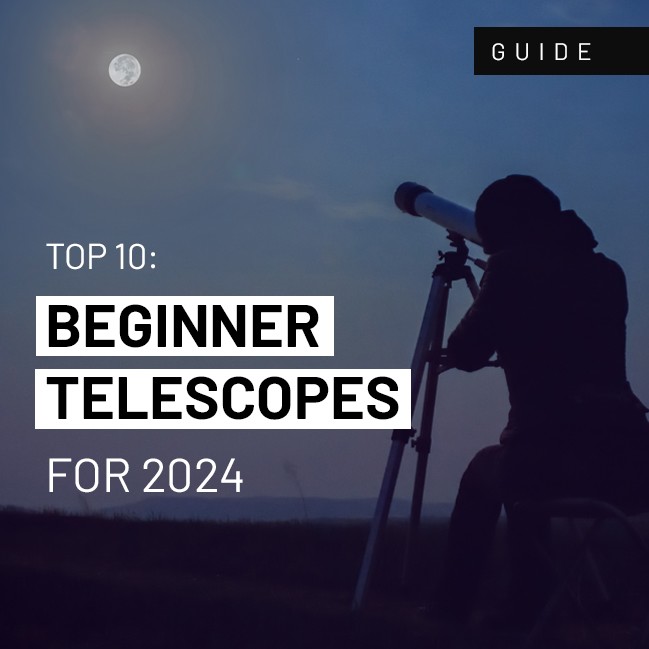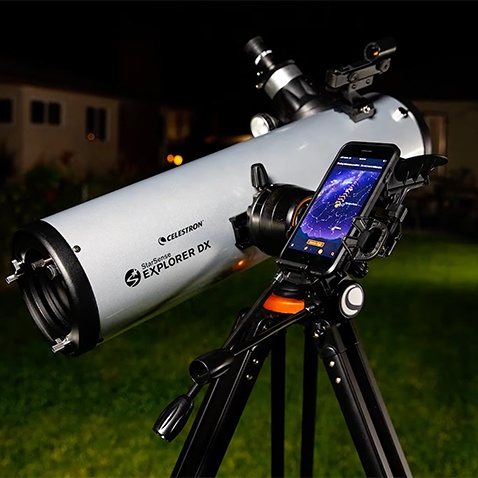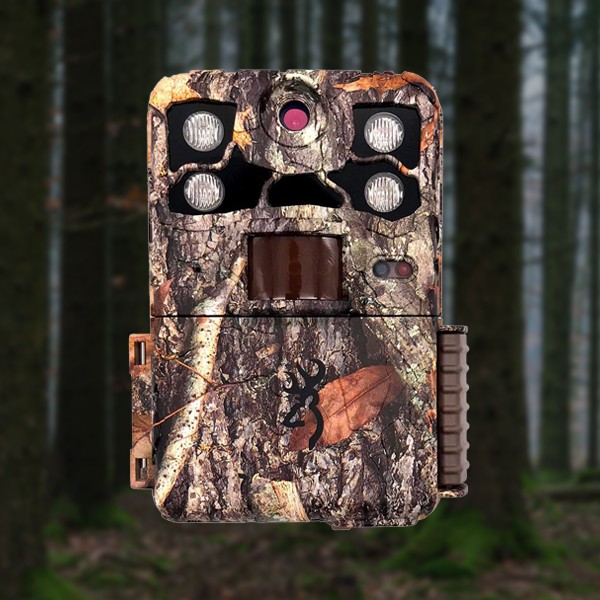Why Do Memory Cards Have Less Space (MB/GB) Than Advertised?4 May 2018 | Admin
Have you bought from a faulty batch and should you return your memory card if the advertised space is not the same as what the computer advises? The short answer is no, unless of course you actually end up with more memory then I'd suggest you stay equally quiet. Though the question is normal to ask. Anyone that has ever tried uploading an image to a website based on their calculation of what a MB is has come to realise that a human's math based calculation and multiplication of a MegaByte is not the same as that discerned by a computer. That same problem occurs with memory cards and hard disks and the perceived space as computed by the human brain. Mathematics And Why Memory Cards Have Less Space Some years ago when the industry was moving towards a more public serving utility and that of memory cards for cameras and camcorders, marketing geniuses felt that their customers would be better serviced by orders of exact magnitude rather than the exact processing calculations of a computer. Mankind, the world over, has a decimal system in place - even the British have opted to use it these days and humans make calculations in what is termed Base 10. On the other hand, computers being computers who don't have hands, work on the binary system which makes calculations using Base 2. This enables a computer to work out that MB and GB size in reality is not rounded down or up to the nearest ten but the nearest two. Essentially humans have not been trusted to be able to understand the exact surface area of a MB and then go on to multiply this by a further sum to increase in MB and GB size. Which in fairness to the industry on the face of it, makes the whole process of ascertaining MB requirements a whole lot easier on the human mind, though I'm sure we could have adapted.
You computer will state that you have less MB and GB on your computer than what the manufacturer of a hard disk and memory card will advise. In fact, the higher you go in GB the more you are actually perceived to lose but as this is industry standard the effects of costing are proportionate to what you are receiving - in most cases. To highlight this point, if you turn to the reverse of your memory card or hard disk packaging it will come with a notation advising of the exact amount of MB or GB that you are actually buying. You have not been missold or offered less space than advertised, it has simply been calculated differently and rounded up or down to the nearest ten, rather than two. With the unfortunate effect that each MB is rounded up and when you get into multiple of GB, the combined effect leads to a perceived loss of many more MB than you'd wish to lose financially. One megabyte to us mere mortals is equal to 1,000,000 bytes, one gigabyte equating to 1,000,000,000 bytes. Though to a fantastical machine with phenomenal calculating power a megabyte is 1,048,576 bytes and a gigabyte is 1,073,741,824 bytes. As you multiple the latter against the calculations of a human, that is where the perceived loss is - in fact 70 MB per GB. Though you are not being cheated out on space and the industry compensates costing for the loss when compared. << Reverse of SanDisk packaging highlighting storage level.
|
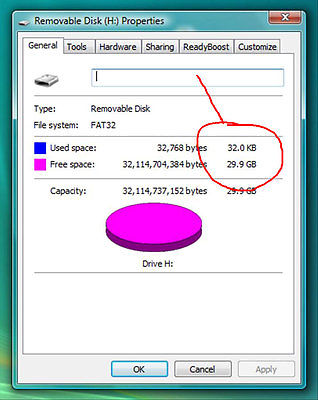 Why Do Memory Cards Have Less Space (MB/GB) Than Advertised? Has your memory card got Alzheimer's disease?
Why Do Memory Cards Have Less Space (MB/GB) Than Advertised? Has your memory card got Alzheimer's disease?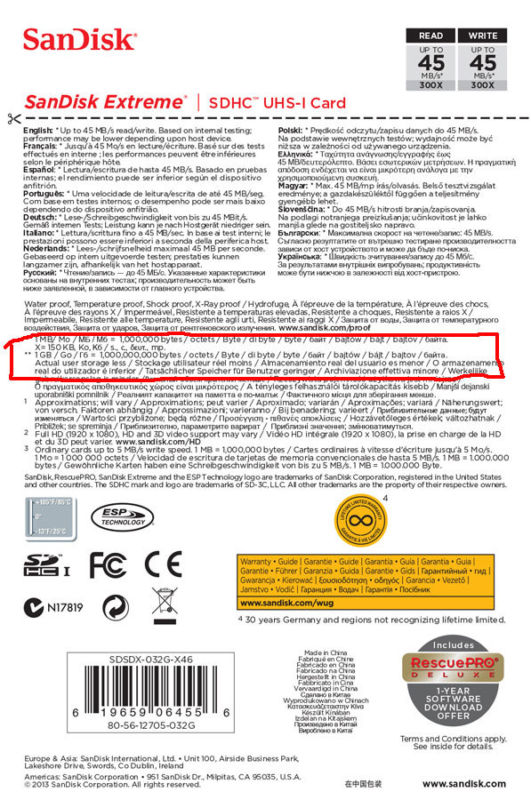 Why A Memory Card With Less Space Than Advertised Is Normal
Why A Memory Card With Less Space Than Advertised Is Normal 